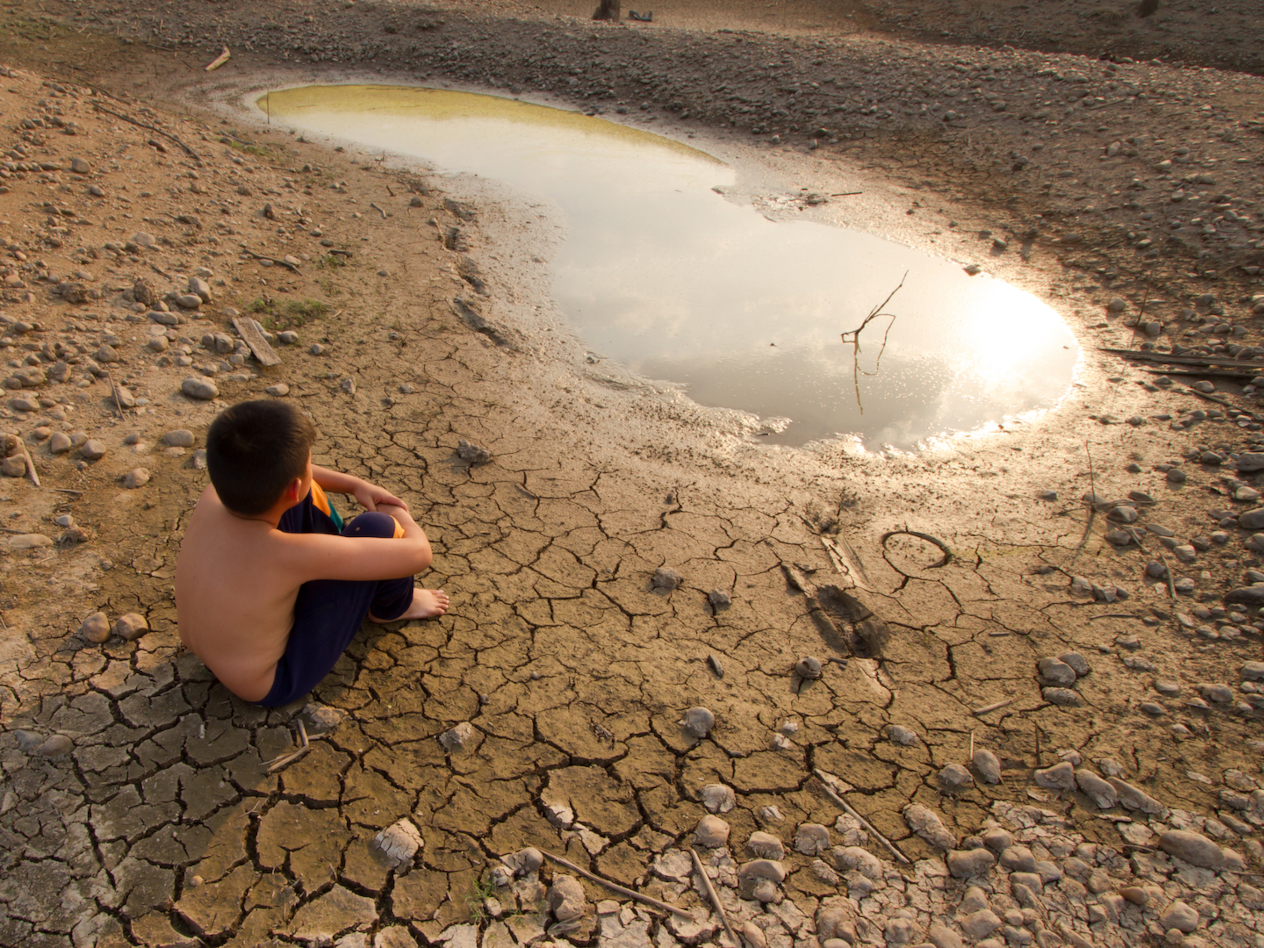Olin expert: Politics matter to head off conflict during climate change
- January 15, 2021
- By Jill Young Miller
- 3 minute read

Preventing conflicts aggravated by climate change requires a faster and different approach than addressing climate change itself, according to an op-ed by Tarek Ghani, Olin assistant professor of strategy.
On average, economists report, a rise in local temperature of half a degree Celsius is associated with a 10% to 20% increase in the risk of deadly conflict, according to “Climate Change Doesn’t Have to Stoke Conflict: Politics Matter More Than the Environment When It Comes to War and Peace,” in Foreign Affairs magazine.
“If accurate, that means the likelihood of such strife is swiftly rising,” write Ghani and co-author Robert Malley, president and CEO of the International Crisis Group.
United Nations climate scientists estimate that manmade emissions have generated 1 degree of global warming since preindustrial times, and they predict another half a degree of warming as soon as 2030.
“But millions of people around the world are already experiencing record heat waves, extreme precipitation, and rising sea levels—changes that disrupt livelihoods; exacerbate food insecurity, water scarcity, and resource competition; and spur migration,” writes Ghani, who is also chief economist and program director of the Future of Conflict at the International Crisis Group.
“Tackling climate change is a necessary but inescapably longer-term endeavor. Conflict prevention must happen now.”
Climate and conflict
The relationship between climate and conflict is neither simple nor linear, Ghani says. “The same climate impacts can produce very different conflict outcomes depending on the political response.”
In some instances, he points out, rising temperatures and uneven rainfall generate scarcity. In others, climate change and human responses to it unlock new resources.
“While some countries manage climate-induced competition well, others don’t manage it at all—making conflict more likely.”
The relationship between climate and conflict can also be inverted, the authors say. “Conflict and criminality can worsen climate change and impede mitigation efforts, as illegal logging has done in the Amazon.”
The impact of climate change largely depends on how states are governed.
“Climate matters when it comes to war and peace, but the politics and policies surrounding climate matter even more,” Ghani said.
“For this reason, the response to climate change cannot be limited to curbing its shocks. Rather, the focus will need to be on bolstering states’ ability to withstand those shocks and ensuring the resilience of their most vulnerable communities. Doing so will require understanding the complex political dynamics that either enable societies to manage environmental change or propel them toward violence.”
Increasing risk of violence
Around the world, Ghani and Malley say, climate change is increasing the risk of violent conflict by discrediting central governments, prompting clashes over resources and boosting the appeal of nonstate armed groups.
One of many examples they cite is Northern Nigeria. With its decades of frequent droughts as a result of climate change, it is a “textbook case of environmental changes stoking deadly conflict.”
Many natural water sources have dried up, diminishing pastures and farmland and intensifying conflicts between herders and farmers. At times, communities have mobilized armed groups for protection.
“The resulting violence has overextended Nigeria’s military, which was already stretched thin from its war against the deadly jihadi group Boko Haram. Nigerian investigative journalists reported that armed violence by ‘bandits’—a term that refers to both herder-allied and criminal groups in the northern states— was responsible for 875 reported fatalities between January and September 2019. That number is more than twice the 370 fatalities attributed to Boko Haram over the same period.”
Read the full article here.
Media inquiries
For assistance with media inquiries and to find faculty experts, please contact Washington University Marketing & Communications.
Monday–Friday, 8:30 to 5 p.m.
Sara Savat
Senior News Director, Business and Social Sciences
